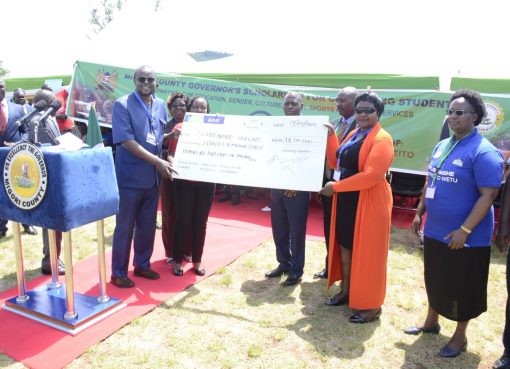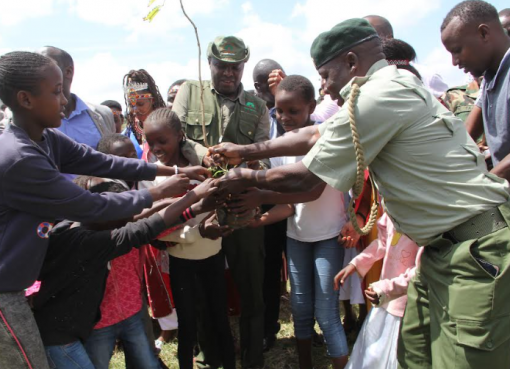The government has launched a special programme to support vulnerable pregnant teenagers, ensuring they receive comprehensive maternal and reproductive health services at public health facilities.
This initiative aligns with the government’s commitment to prioritising adolescent health, recognising that young mothers face a higher risk of maternal complications.
In a media update on Taifa Care, the Ministry of Health noted that the government recognises that teenage pregnancies pose significant health and socio-economic challenges and in order to address this, the programme will integrate counselling services, nutritional support, and mentorship programmes, equipping young mothers with the necessary tools to ensure both their well-being and that of their newborns.
According to the Ministry, the Community Health Promoters (CHPs) will play a key role in identifying and enrolling vulnerable girls into the programme, ensuring that no one is left behind.
Additionally, the programme provides linkages to education and economic empowerment opportunities, ensuring that teenage mothers can resume their education or receive vocational training post-delivery.
“By offering holistic support, the initiative contributes to breaking the cycle of poverty and poor health outcomes associated with teenage pregnancies,” the statement says.
To support this effort, the government has allocated funds to cover the annual premiums for these mothers and upon seeking care at a public facility, they are encouraged to register in the programme during their first visit.
Additionally, all their dependents should also be enrolled to ensure full healthcare coverage, with this initiative reinforcing the government’s mission of providing accessible healthcare for all.
The government has urged county governments, religious leaders, and community organisations to support this programme by sensitising communities on the importance of ensuring adolescent girls access maternal healthcare without stigma or discrimination.
Through the Taifa Care model, an initiative launched under President William Ruto’s administration in Kenya in October 2024 to transform the country’s health sector, the ministry says that it will ensure young mothers receive the care and dignity they deserve.
The Kenya Demographic and Health Survey (KDHS) 2022 highlights a significant concern regarding teenage pregnancies in the country.
Nationally, 15 per cent of adolescent women aged 15-19 have experienced pregnancy, with 12 per cent having given birth, 1 per cent having had a pregnancy loss, and 3 per cent currently pregnant with their first child.
This marks a decline from 18 per cent in 2014, indicating progress, though the prevalence remains substantial.
The survey also reveals that teenage pregnancy rates are inversely related to education levels: approximately 38 per cent of adolescents with no education have been pregnant, compared to only 5 per cent of those with more than secondary education.
Similarly, economic disparities influence these rates, with 21 per cent of adolescents in the lowest wealth quintile having been pregnant, versus 7 per cent in the highest quintile.
Geographically, the burden of teenage pregnancies varies across counties with Samburu County reporting the highest rate at 50 per cent, followed by West Pokot at 36 per cent, Marsabit at 29 per cent, and Narok at 28 per cent.
In contrast, Nyeri and Nyandarua counties have the lowest rates, each at 5 per cent and these disparities underscore the need for targeted interventions addressing the unique socio-economic and cultural factors contributing to teenage pregnancies in different regions.
By Wangari Ndirangu





